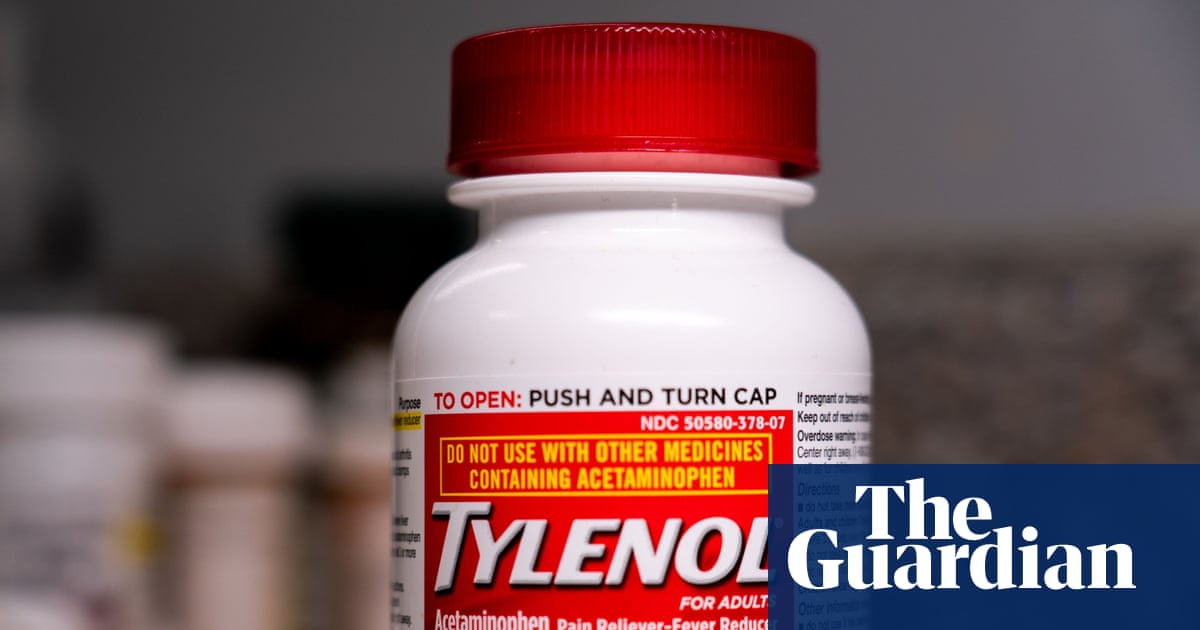Leucovorin and Autism: A Contentious New Direction in Treatment
The U.S. government, under the Trump administration, has recently endorsed leucovorin, a drug typically used to mitigate the side effects of chemotherapy, as a potential treatment for autism symptoms. This endorsement has sparked significant debate within the medical and autism communities, as many researchers argue that the evidence supporting its efficacy is weak and requires further investigation.
What is Leucovorin?
Leucovorin, also known as folinic acid, is a form of folate (vitamin B9), crucial for cell growth and the formation of red blood cells. It's already FDA-approved to counteract the toxic effects of certain cancer drugs, such as methotrexate. Now, it's being explored for its potential role in addressing cerebral folate deficiency (CFD), a condition where folate levels are low in the brain.
Folate is a B vitamin vital for neural development, particularly during pregnancy. The synthetic form, folic acid, is commonly found in prenatal vitamins and fortified grains to prevent neural tube defects. Leucovorin is thought to help some children with autism who have a receptor that stops folate from entering the brain.
The Controversy Surrounding Leucovorin and Autism
The claim that leucovorin could be a viable treatment for autism stems from the theory that some individuals with autism have difficulty transporting folate to the brain. The FDA based its decision on a review of a small number of studies that found it improved verbal communication. However, many experts remain skeptical due to the limited and often inconsistent nature of the research.
Critics, including the Autism Science Foundation, emphasize that existing evidence doesn't currently support recommending the drug as a standard treatment for autism. Dr. David Mandell from the University of Pennsylvania noted that studies showing benefits often demonstrate only modest improvements. Others point out that the rising rates of autism diagnoses are due to better understanding and diagnostic tools, not necessarily an “autism epidemic.”
Research and Evidence: A Closer Look
Initial studies, including one published in the European Journal of Pediatrics, suggested that children with autism receiving leucovorin showed some improvement in their autism symptoms. However, these studies often involve small participant groups, raising concerns about false positives and the need for replication across diverse populations.
Dr. Richard Frye, a pediatric neurologist, has been a key proponent of leucovorin treatment, reporting improved language and verbal communication in some children with autism. However, he also cautions that "there's no autism pill" and emphasizes the complexity of autism. Other researchers, like Dawn Bowdish from McMaster University, point to early-stage studies suggesting that autoantibodies might target folate receptors, blocking folate transport into the brain, but emphasize that this isn't a universal feature of autism.
Expert Opinions and Concerns
Many experts advocate for a cautious approach, emphasizing the need for well-controlled, large-scale studies to determine the drug's efficacy and safety. Sura Alwan, a clinical expert in birth defects at the University of British Columbia, stresses the importance of "honest communication" and highlights the effectiveness of established supports like speech therapy and occupational therapy.
Concerns have also been raised regarding potential side effects, such as stomach issues, increased seizure activity in children taking certain medications, and intensified hyperactivity. Moreover, the rush to embrace leucovorin could lead to families experimenting without proper medical guidance, potentially causing harm. As Dr. Lawrence Gray, a pediatric developmental specialist at Northwestern University, warns, venturing "outside of current guidelines" can lead to unforeseen consequences.
Moving Forward: What Needs to Happen
Before widely adopting leucovorin as an autism treatment, definitive research is crucial to establish its causal role in alleviating symptoms and to conduct well-controlled clinical trials to assess outcomes. Researchers also emphasize the importance of understanding how the drug works and identifying potential negative consequences of altering folate and B vitamin synthesis.
The FDA's decision to expedite a label change for leucovorin, influenced by the Trump administration, has been met with skepticism, with some experts suggesting that it sets a dangerous precedent for drug approvals based on limited evidence. Despite the controversy, ongoing research and clinical trials will be critical in determining the true potential of leucovorin as a treatment option for some individuals with autism.
 Visit the website
Visit the website






